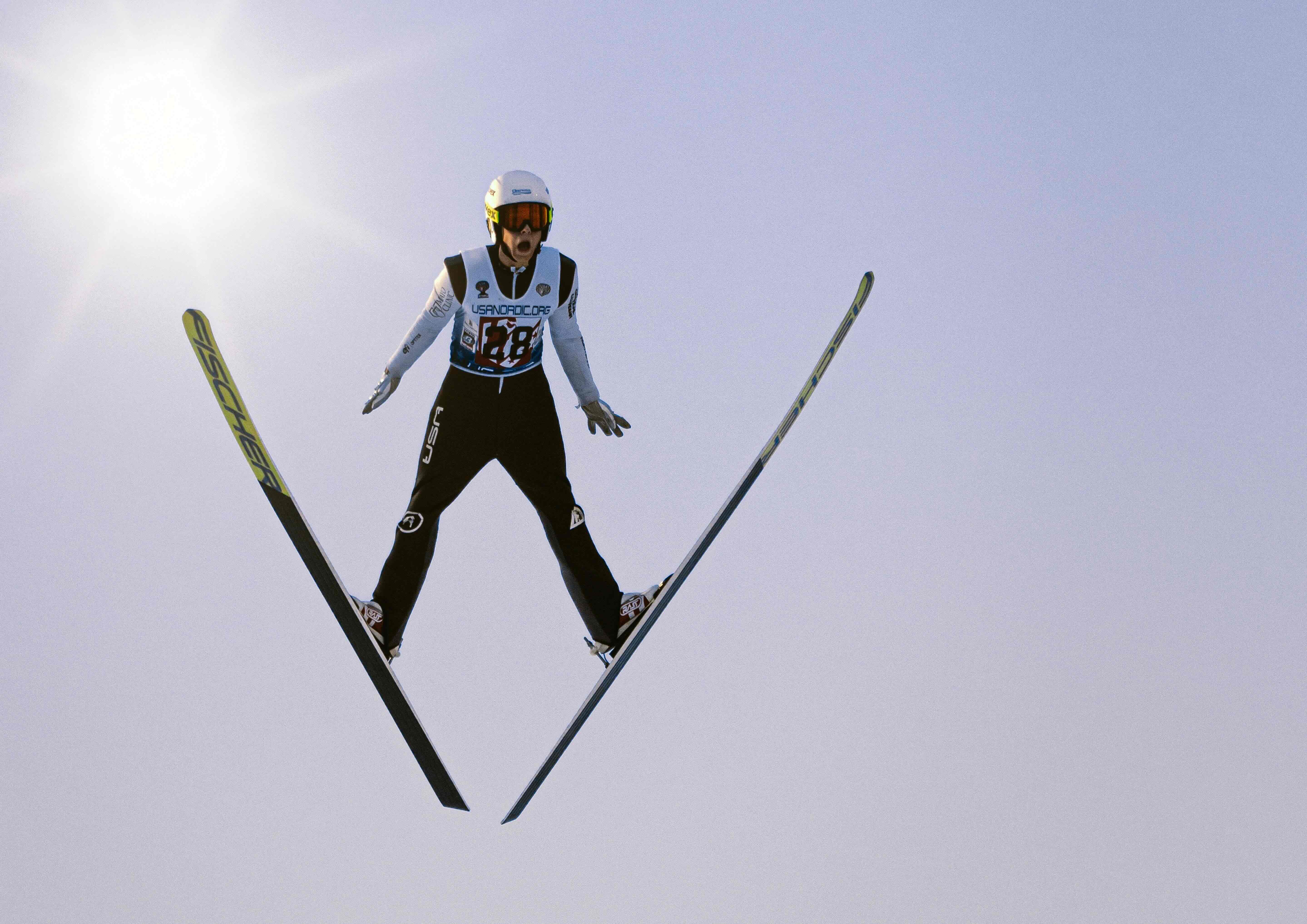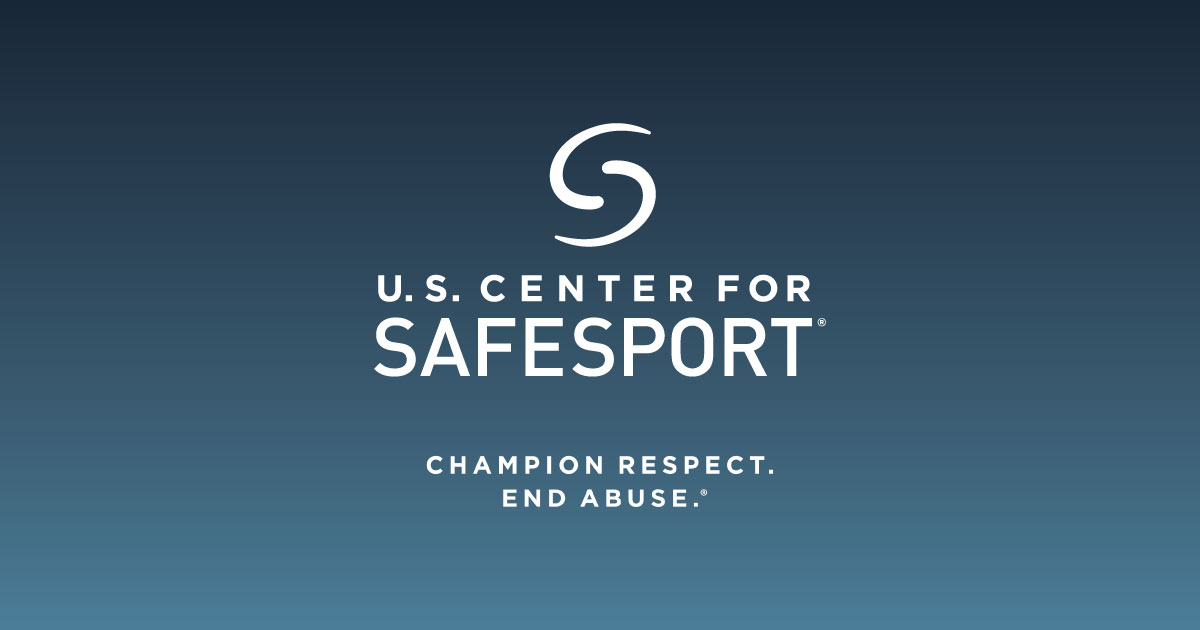
A Case Study in Women’s Equestrian
Like many young women, I am accustomed to gossip, jealousy, and exclusion. I am aware of the envy and the politics that often occur amongst competitors, trainers, and judges in the horse world. But nothing I experienced before prepared me for the malice at the hands of other women that I witnessed during my freshman year in Division One Equestrian.
The NCEA format for Division One Equestrian incites conflict between teammates. With only 20 starting spots for each meet and 40+ girls on each team, more than half will never even see the competition ring in all 4 years of their collegiate riding career. These odds make the opportunity of starting incredibly gratifying, but they can also create internal rivalry and hostility.
When I was given the chance to start as a freshman, I was overjoyed, but this opportunity placed a target on my back. I knew there would be a certain amount of drama surrounding the lineup. I understood the disappointment other girls felt, and I even empathized with their beliefs that they deserved to ride. I did my best to maintain a positive attitude around the barn in spite of their backhanded comments, rumours, and passive-aggressive looks. With every meet, my success in the ring grew, and with it, more backlash from my teammates. Petty microaggressions escalated into personal attacks, which consumed my life in and out of the barn.
These criticisms and catty behaviors exploded in the wake of a scathing manifesto written by the mother of another athlete. Her 30-page document was distributed to parents, coaches, and administrators. It was a conglomeration of slanderous paragraphs about our horsemanship, our coach, the program, horse care, and multiple athletes…with 10 pages dedicated to me. To summarize, she called me a delinquent, a bad influence, and a liar, who didn’t deserve to ride. She said that I rode poorly at a previous meet because of the crushing guilt I felt. She claimed I only started because I was blonde, she said her daughter was a much better rider, and that I had no business being on the lineup, much less the team.
Administration launched an investigation into her claims, but even after they were proven false, she shouldered zero repercussions, and the victims of her libel received zero support. Her words were a gross reimagining of reality, but her manifesto was just the beginning of a crushing new reality for me. Lack of intervention and support from leadership allowed more of the same outlandish accusations against me to continue. For the rest of the year, other teammates attacked my personal reputation with the hope of preventing me from competing. Rumors that I was 'drunk while practicing and competing' or that I paid to earn my starting spot circulated. Teammates who I once considered friends avoided my eye contact in the weight room, spoke in hushed whispers around the barn, and didn’t sit next to me on the bus. In a group, my team, where I should have felt overwhelming support, companionship, and love, I felt helpless, defeated, and isolated.
I transferred the next fall. Though I left this team and my traumas behind, these experiences changed my life. I now know that it never mattered how much I practiced or how many points I won, because my happiness, fulfillment, and success were never a product of starting or not starting or a result of winning or losing, but rather a direct reflection of the women I was surrounded by. In some ways, I am grateful because without my past, I wouldn’t be able to fully appreciate the support I feel now. It is rare and special to find a group of women who authentically support one another, but it shouldn’t be.
I cannot claim to know everything about the complicated nature of female relationships or understand the intricacies of every individual team dynamic, but this is everything I wish I had known before joining a Division One Program.
Old Habits Die Hard
Experiences like mine are far too common, and they often go unaddressed. The prevalence of relational aggression between women is a direct result of culture and habit. To protect female athletes moving forward, we must not only educate ourselves and our communities about the prevalence of relational aggression, but also de-normalize these behaviors by constantly holding each other accountable.
When we hear the word “aggression,” we may automatically think of a brawling fist fight. But this isn’t always the case. Both men and women experience and exhibit aggression, but female relational aggression is characterized by covert practices intended to exploit relationships and damage social stability. Culturally, young women are conditioned to behave in a way that appears polite and courteous. If and when women express their anger in direct ways, they are often labeled as hysterical, manic, or “bitchy. ” As a result, women learn through experience to suppress their emotions and, in turn, funnel their aggression into more imperceptible forms of retaliation. Spreading rumors, gossiping, exclusion, and social manipulation – these relational aggression habits are learned and employed in a cycle of victimization. While men and women are both victimized by relational aggression, it is more frequently observed in female dynamics.
If our aggressive habits can be learned, they can also be unlearned. When correcting our behaviors and cultivating positive female dynamics, the goal is not to eliminate stress or pretend conflict doesn’t exist. That is unrealistic. Rather, we must learn to redirect the ways we react to conflict, express our aggression, and respond to victimization.
Healthy Expression & Supportive Reactions
The female athlete experience is not just a reflection of trophies, equal funding, fancy facilities, or proper media recognition. Women’s sports may never receive the equality and support it deserves from organizations. Rather than search for validation in our broader culture, concrete growth and positive female athletic experiences begin from within, specifically in how we treat one another. When we authentically challenge, support, and empower ourselves and our fellow female athletes, we will improve our teams, our own performance, and pave the road to success on and off the field. When women authentically support one another, there is nothing we can not accomplish.
Sports naturally activate your amygdala and the production of adrenaline in your sympathetic nervous system. So in some ways, aggression is actually necessary to propel our performance on the field. The call for women to support other women doesn’t mean the end of aggression or the repression of conflict. But rather a chance to embrace our natural tendencies for aggression and, in turn, more effectively create balance between healthy expressions of aggression and detrimental relational aggression. Because relational aggression habits stem from oppression, by embracing healthy expressions of aggression and identifying our personal conflicts, we can de-normalize relational aggression behaviors, provide a healthy outlet for conflict, and begin to cultivate positive personal dynamics in female sports.
Administrators and coaches play a huge role in establishing expectations and setting positive examples for female athletes. Transparency and trust from leadership are powerful and set the tone for the entire athletic community. When we respect our young women, they feel respected and are more likely to respect one another. Athletes and parents can do their part by granting female athletes the appreciation, honesty, and celebration they deserve. Athletics should be a place of empowerment and growth for young women free from gossip, exclusion, slut-shaming, peer pressure, and slander. These behaviors are so normalized in our society, friend groups, and broader culture that we have become accustomed to experiencing them and exhibiting these behaviors toward other women. We have become blind to the catastrophic consequences of relational aggression, and it can be difficult to know what “women supporting women” even looks like. Correcting these habits takes time, persistence, and humility, but if we act together it will get easier. As soon as we recognize relational aggression patterns, we can correct our own behaviors and inspire women around us to do the same. Relational aggression is fueled by social relationships and thus requires multiple participants for full operation. When just one person refuses to participate, others will follow.
Use the tips below to engender healthy expression, mutual support, and empowerment amongst female athletes in your sporting community:
- Leave it at the barn, field, gym, pool…
- You are not your sport. How you perform doesn’t define you. How your teammates perform doesn’t define them. By leaving what happens in sport at the barn, field, gym, etc., we can push our teammates to perform their best in sport and simultaneously give them the support they need to feel appreciated on and off of the field. Separating sport and life includes keeping the hierarchies of sport out of our personal relationships. Star player, last string, captain, senior, freshman, or waterboy, these roles are just that – roles and labels. Roles in sport do not make anyone superior or inferior as a human. All teammates deserve to be seen, celebrated, loved, and appreciated on and off the field.
- Branch out, step back, and seek other social outlets. You might spend a lot of time with your teammates, and concentrated environments can sometimes make conflict inevitable. To avoid exacerbating these issues and to give yourself a well-deserved break from the stress of your sport, seek other friends within your dorm, classes, or other clubs.
- Find balance. If you hang with your teammates outside of sport, or live with them, great! To keep dynamics positive, limit conversations about sport outside of team-sanctioned events. Refrain from talking about other athletes, coaches, or things that happened in practice out of your extracurriculars, especially if they aren’t positive conversations. This will reduce conflict, opportunities for gossip, and help you maintain a healthy sport life balance.
- You are not your sport. How you perform doesn’t define you. How your teammates perform doesn’t define them. By leaving what happens in sport at the barn, field, gym, etc., we can push our teammates to perform their best in sport and simultaneously give them the support they need to feel appreciated on and off of the field. Separating sport and life includes keeping the hierarchies of sport out of our personal relationships. Star player, last string, captain, senior, freshman, or waterboy, these roles are just that – roles and labels. Roles in sport do not make anyone superior or inferior as a human. All teammates deserve to be seen, celebrated, loved, and appreciated on and off the field.
- Train as an athlete and live like a teammate.
- Empower positivity. Be the athlete who plays to win, but more importantly, the teammate you’d want to ride the bus back with after a loss. You don’t have to be the best player to be a valuable teammate. Empowering yourself and your team is less about how you act when you win and more about your attitude and the way you treat other players when you lose.
- Lead by example. If you find yourself in a leadership role, whether that be an upperclassman, a captain, or otherwise, take this position as an opportunity to lift others up rather than bring them down. Power trips or abusing your role only sets a poor example for other teammates, creates conflict, and damages team morale.
- Eradicate gossip. Participating in gossip can sometimes feel like the only choice. But it doesn’t have to be. If you find yourself feeling insecure and itching to talk about another teammate or join in on gossip, consider how you might feel if you were the topic of conversation. Begin with empathy, lead by example, and redirect the conversation. You can change topics, express your affinity for that teammate, share your own experience with a similar mistake, or better yet call out the behavior. If you feel uncomfortable with gossip and fear you might be next, likely, other girls do too. For gossip to be powerful, it requires multiple people to participate, and refusing to comply takes away this power and gives others permission to do the same.
- Empower positivity. Be the athlete who plays to win, but more importantly, the teammate you’d want to ride the bus back with after a loss. You don’t have to be the best player to be a valuable teammate. Empowering yourself and your team is less about how you act when you win and more about your attitude and the way you treat other players when you lose.
- Maintain Perspective
- Someone else's success does not diminish your value. The challenges and successes you experience in sport can feel all-consuming. These are important milestones in your journey as an athlete but should not define how you treat others or how you should be treated by your teammates.
- Trophies, accolades, and outcomes do not define who you are. If you find yourself constantly measuring your value by statistics and accolades, or constantly comparing your successes and failures to your competitors, take a step back and try instead to set small personal goals. These “wins” don't have to be defined by ribbons, trophies, or even external validation. They can be small, like having a good practice, improving on a certain skill, or feeling more confident in the weight room. Defining your value solely by where you stand on the podium will only bring you down. The most powerful and fulfilling way we can grow as athletes and people is to find our own definition of success.
- Celebrate success. In conjunction with becoming our own best selves, celebrate when others succeed. If you celebrate your teammates, even at your lowest low, they are more likely to celebrate you at your highest high. Use other women's accomplishments to motivate you. Healthy competition between teammates and other players can be empowering if approached with the right mentality: “We rise to the level of our peers.” Comparison often stems from insecurity, but healthy competition is a result of mutual respect and motivation. Finding this balance will create confidence in ourselves, camaraderie within our team, improve our mental game in sport, and our resilience in life.
- Someone else's success does not diminish your value. The challenges and successes you experience in sport can feel all-consuming. These are important milestones in your journey as an athlete but should not define how you treat others or how you should be treated by your teammates.
- Find your purpose, your joy, and your place.
- Let go of your expectations and only focus on what you can control. Everyone has a different path in athletics and life, and your goals may not be the same as your teammates. You may not always win, you may not always start, and many things will not go as you imagined. Recognize that each athlete learns, plays, and operates differently. While your role on the team may be different, it doesn’t mean it is inferior. Everyone plays a part in making a well-rounded team.
- Find your purpose in and out of sport and with it, joy in your own journey. Sports aren’t just about the wins, but about the bonds you create, the skills you develop, and the lessons you learn along the way.
- Your joy and attitude are contagious. When we treat those around us with respect, love, and celebration, we will gain the same in return.
- Let go of your expectations and only focus on what you can control. Everyone has a different path in athletics and life, and your goals may not be the same as your teammates. You may not always win, you may not always start, and many things will not go as you imagined. Recognize that each athlete learns, plays, and operates differently. While your role on the team may be different, it doesn’t mean it is inferior. Everyone plays a part in making a well-rounded team.
Marcella Bee
Intern at #WeRideTogether
.jpeg)



